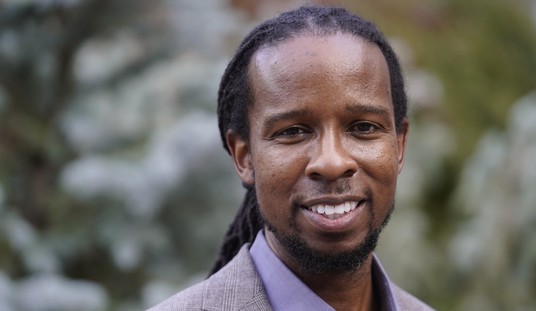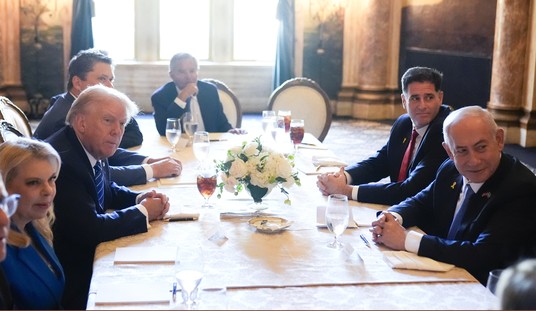Was Reince Priebus right all along? Leaks from the CIA allege that Russian hackers gained access to computer systems at both the DNC and RNC, but only chose to expose Democratic data in an effort to defeat Hillary Clinton. Outgoing RNC chair and incoming chief of staff Priebus denied that the RNC had been hacked at all, which would put a rather large dent in the story coming from anonymous sources at Langley.
According to the Wall Street Journal’s sources, Priebus told the truth:
Russian hackers tried to penetrate the computer networks of the Republican National Committee, using the same techniques that allowed them to infiltrate its Democratic counterpart, according to U.S. officials who have been briefed on the attempted intrusion.
But the intruders failed to get past security defenses on the RNC’s computer networks, the officials said. And people close to the investigation said it indicated a less aggressive and much less persistent effort by Russian intelligence to hack the Republican group than the Democratic National Committee. Only a single email account linked to a long-departed RNC staffer was targeted.
The disclosures came as a political furor grows over suspected Russian hacking of U.S. political organizations. The Central Intelligence Agency has concluded that Russian hackers, whom analysts say work for that country’s military and intelligence apparatus, stole emails from the DNC, as well as another Democratic organization and the chairman of Hillary Clinton’s presidential campaign, to harm her candidacy and boost Republican Donald Trump’s chances of winning. Russia has denied the allegations.
The possibility that Russians tried and failed to infiltrate the RNC doesn’t necessarily conflict with the CIA’s conclusion. A senior U.S. official said analysts now believe what started as an information-gathering campaign aimed at both parties later took on a focus of leaked emails about Mrs. Clinton and Democrats.
Actually, it does — at least according to the way the leakers explained the CIA position. Reuters reported the premise of their conclusion in their exclusive on the ODNI’s skepticism of it:
The CIA assessed after the election that the attacks on political organizations were aimed at swaying the vote for Trump because the targeting of Republican organizations diminished toward the end of the summer and focused on Democratic groups, a senior U.S. official told Reuters on Friday.
Moreover, only materials filched from Democratic groups – such as emails stolen from John Podesta, the Clinton campaign chairman – were made public via WikiLeaks, the anti-secrecy organization, and other outlets, U.S. officials said.
The CIA conclusion was a “judgment based on the fact that Russian entities hacked both Democrats and Republicans and only the Democratic information was leaked,” one of the three officials said on Monday.
“(It was) a thin reed upon which to base an analytical judgment,” the official added.
The FBI and the Office of the Director of National Intelligence don’t share the CIA’s conclusions about the intent of the hacks, and it’s now a little clearer as to why. The RNC called in the FBI after the Wikileaks publication of DNC materials in June 2016 to check out their own security, according to the WSJ’s sources. That’s when they spotted the attempt to hack into their system, which got foiled by their security precautions. The FBI would have known for months that the main premise of the CIA’s conclusion was false, and probably had already shared that with the ODNI well before the leaks started coming out last week.
Their conclusion that the leaks were intended to boost Donald Trump are entirely predicated on the theory that the hackers had gained access to data from both parties. If the Russians had inside information on both Democrats and Republicans but only publicized the former, then one could conclude they were playing favorites. But if they didn’t hack both parties, then this goes from an operation to elect Donald Trump to a much-more plausible explanation: the Russians wanted to sow confusion and doubt, not elect someone in particular. (As I pointed out on Tuesday, the notion that Russia feared a Hillary win is somewhat difficult to buy, given her actions at State.)
The more plausible scenario would also explain why Russian hackers didn’t try harder to force their way into the RNC’s computers. They had already succeeded in their operation to create confusion and paranoia, which continues to this day. No matter who won, they would come into office under a cloud, weakening the transition and giving Russia more breathing room for a period of time. That seems a lot more likely than Putin personally targeting the woman who enabled the Uranium One deal.








Join the conversation as a VIP Member